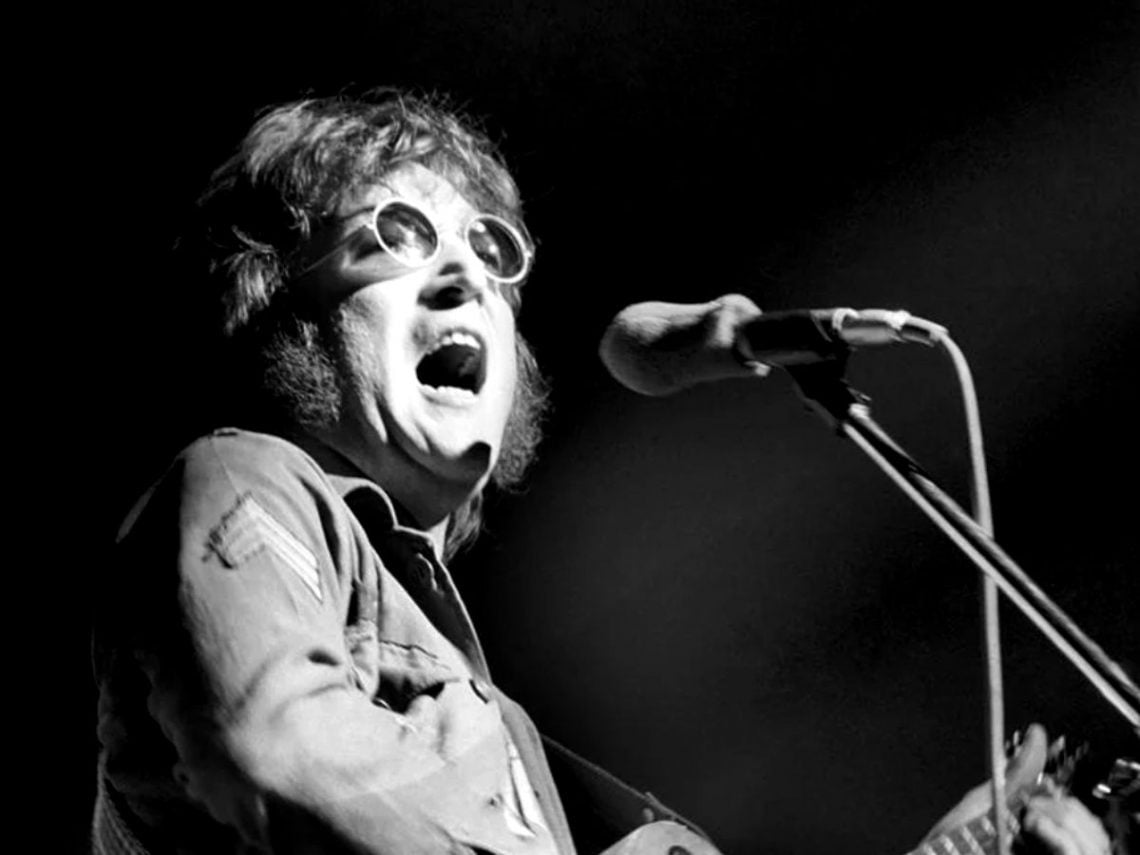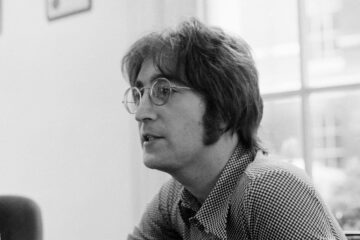When you mention The Beatles song ‘Revolution’, you have to specify which song you’re talking about. Within the band’s canon, there are actually three different songs baring the title ‘Revolution’: an acoustic rendition included on The Beatles titled ‘Revolution 1’, a faster and more distorted rock song simply called ‘Revolution’ that appeared as the B-side to the ‘Hey Jude’ single in 1968, and the experimental musique concrete that appears at the end of The Beatles titled ‘Revolution 9’.
All three songs came from the same place. John Lennon finally felt fully galvanised to discuss politics in The Beatles’ music during the recording of The White Album. The first song tackled for the sessions was ‘Revolution’, recorded in the shuffling blues style that eventually became both ‘Revolution 1’ and ‘Revolution 9’.
“I wanted to put out what I felt about revolution,” Lennon told Rolling Stone in 1970. “I thought it was time we fucking spoke about it, the same as I thought it was about time we stopped not answering about the Vietnamese war when we were on tour with Brian Epstein and had to tell him, ‘We’re going to talk about the war this time, and we’re not going to just waffle.’ I wanted to say what I thought about revolution.”
“I had been thinking about it up in the hills in India,” Lennon added. “I still had this ‘God will save us’ feeling about it, that it’s going to be all right. That’s why I did it: I wanted to talk, I wanted to say my piece about revolution. I wanted to tell you, or whoever listens, to communicate, to say ‘What do you say? This is what I say.’”
The 18th take of ‘Revolution’ was much longer and more experimental than the others. Lennon originally envisioned keeping the ten-minute song intact but later decided to split the recording in two. The more conventional acoustic blues was retained as ‘Revolution 1’ while the noisier and less structured coda formed the basis for what became ‘Revolution 9’. Lennon was eager to have ‘Revolution 1’ out as a single, but his bandmates intervened.
“When George and Paul and all of them were on holiday, I made ‘Revolution [1]’, which is on the LP and ‘Revolution 9’,” Lennon said in 1970. “I wanted to put it out as a single, I had it all prepared, but they came by, and said it wasn’t good enough. And we put out what? ‘Hello, Goodbye’ or some shit like that? No, we put out ‘Hey Jude’, which was worth it – I’m sorry – but we could have had both.”
“The first take of ‘Revolution’ – well, George and Paul were resentful and said it wasn’t fast enough,” he added. “Now, if you go into the details of what a hit record is and isn’t, maybe. But The Beatles could have afforded to put out the slow, understandable version of ‘Revolution’ as a single, whether it was a gold record or a wooden record. But because they were so upset over the Yoko thing and the fact that I was becoming as creative and dominating as I had been in the early days, after lying fallow for a couple of years, it upset the applecart. I was awake again and they weren’t used to it.”
Lennon took the criticisms from his bandmates as a challenge. In order to give the track its best chance at becoming a single, Lennon souped up the arrangement, raised the song’s key, and infused it with some distorted lead guitar work. The result was ‘Revolution’, a much faster and more incendiary recording. Despite his best efforts, the new version of ‘Revolution’ still didn’t get picked as a single, with the song being relegated to the B-side of ‘Hey Jude’.
“We recorded the song twice. The Beatles were getting real tense with each other,” Lennon recalled to David Sheff in 1980. “I did the slow version and I wanted it out as a single: as a statement of The Beatles’ position on Vietnam and The Beatles’ position on revolution. For years, on The Beatles’ tours, Brian Epstein had stopped us from saying anything about Vietnam or the war. And he wouldn’t allow questions about it. But on one of the last tours, I said, ‘I am going to answer about the war. We can’t ignore it.’ I absolutely wanted The Beatles to say something about the war.”
Check out ‘Revolution’ down below.



